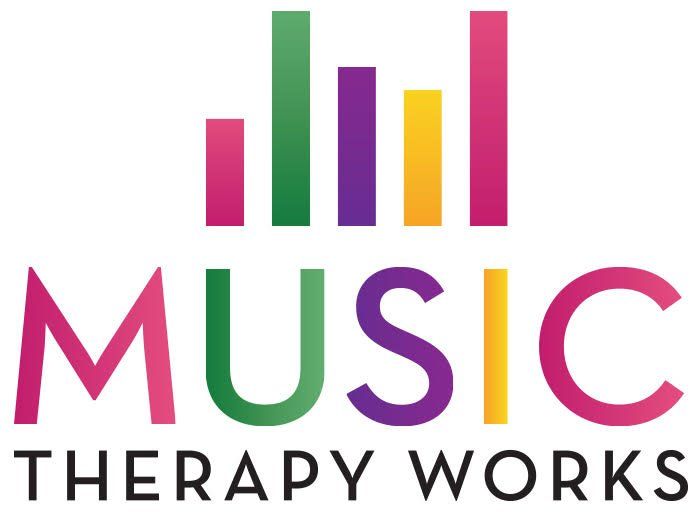Educational Settings
OUTCOMES AND EVALUATION APPROACH
Educational Settings
OUTCOMES AND EVALUATION APPROACH

MTW uses a strong evaluation tool to ensure clear measures of progress are made. We continue to refine, develop and implement assessment and evaluation protocols in order to ensure that clients, therapists and purchasers can understand and appreciate the many positive changes which take place when music therapy is used as an intervention.
We use qualitative and quantitative evaluation to ensure clear evidence-based practice.
Progress is illustrated graphically and we work within each setting to present this data in the way which best fits the clients’ requirements.
Through establishing baseline information the therapist can effectively measure and evaluate changes in specific areas of the individual’s functioning such as communication, physical and psychotherapeutic outcomes.
Music Therapy has a proven track record of positive outcomes and evaluation measurements to support both pupils and staff in mainstream and special educational settings. We have our own bespoke tool which is drawn from approaches such as the Individualized Music Therapy Assessment Profile and the Outcomes Star.
One day a week of music therapy with an MTW HCPC registered Music Therapist can provide:
- 1:1 support for the most vulnerable pupils
- Small group support for those with similar needs
- Group work with pupils, parents and carers to foster positive attachment
- Short or long term intervention
- Sign-posting to other services and an in-house health professional able to link with CAMHS, social services & the wider team around each client
- Staff training on transferable skills, the therapeutic use of music, supportive listening and communication
Music therapists hold a Masters qualification in their subject and are state registered health professionals through HCPC. Schools have told us that we provide:
- A powerful intervention which enhances social skills; helps processing trauma; develops resilience and confidence; and hence improves access to the classroom environment
- A flexible service suited to each school’s requirements
- A reason for reluctant attenders to come to school
- Support in school transfer
- A difference to the whole school environment through working with the most challenging and/or vulnerable pupils
- A vital service for those who are unable to access CAMHS
- Communication with those who are unable or unwilling to verbally express themselves

“Due to music therapy... we have noticed that the school is a calmer place to be. We have also noticed that there has been an increase in turn-taking skills, participation and attention / concentration skills.”
Dame Ellen Pinsent School Birmingham
Button
“(Music Therapy) gives all of the children a space to express themselves. We notice a change in them whilst in the sessions. We also notice that they come back to class calmer.”
Rigby Hall School, Bromsgrove
YesSuits
"This specialist support [music therapy] has contributed to a reduction in the number of student behavioural incidents and to improvements in the levels of students’ confidence and skills development.”
OFSTED inspection report, Trinity Specialist College
Button
“Music allows us to meet clients at these moments where there are no words. It provides a language which the music therapist uses to allow each individual to process and move through even the most unbearable experiences.”
Eleanor Tingle, MTW Chief Exec
Button
“Her relationship with the music therapist is the only remaining relationship in my mother’s life. She glows after her sessions.”
Daughter of an elderly MTW client with dementia
FabuFit
"I am glad that I am alive...joyful in the moment...there was something about music that enclosed me."
Martha, a cancer patient describing her experience of Music Therapy
MashIt
"As an MTW approved supervisor, I have witnessed MTW MTs encouraging, reflecting and reaching deeply held feelings that may not have otherwise ever have been expressed or heard. They then use these observations and information to determine the best way forward for a successful therapeutic process."
Dr Teresa Madurai, Clinical Psychologist, University of Birmingham
Button
